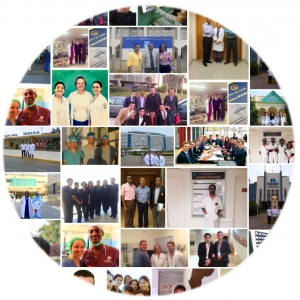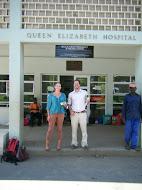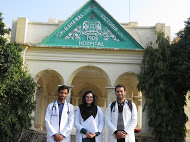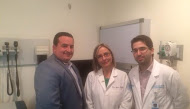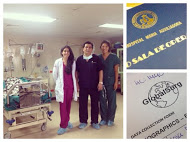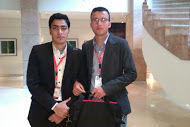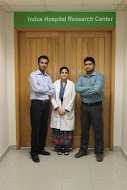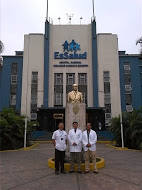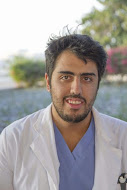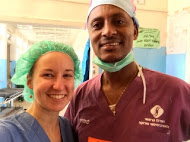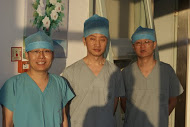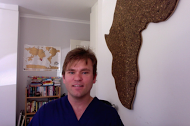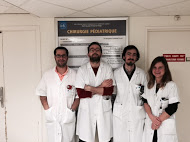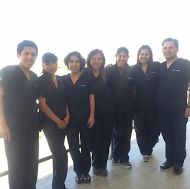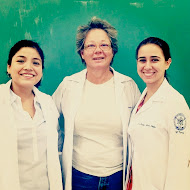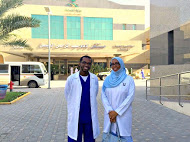GlobalSurg International Cohort Studies
GlobalSurg is an international collaboration of surgical researchers including you!
Our international cohort studies aim to give grass-root surgeons the opportunity to participate in major projects. They will lack complexity and will not require extra resources or funding.
Every collaborator who contributes to data collection in a GlobalSurg cohort study will be a PubMed citable co-author on the final paper; we will aim for a high impact factor surgical journals and, where possible, ensure our papers are open access. You can see examples of our publication model in our published papers available on our publications page
GlobalSurg cohort projects will be designed to ensure they are easy for local surgeons to execute and will act as a hypothesis generating observational tool for future global research studies, including the opportunity for randomised trials.
You can read about our past cohort studies, GlobalSurg 1 and GlobalSurg 2 on the project hub pages
Get involved
- Any hospital in the world performing acute general surgery can participate
- Individuals can participate as local collaborators or regional/country leads
Who are you?
Run GlobalSurg international cohort studies at your unit
Set up a GlobalSurg international cohort study in your unit
Either at a hospital local to you, or on your elective, set up and run a cohort study in conjunction with a local consultant
Set this up and run a cohort study at your unit, in conjunction with a local consultant
Promote GlobalSurg to your local hospital and discuss patient public involvement with your surgeon
What is your role?
Local Collaborators
At each centre, local investigators can form a team of up to 3 people (including themselves) to accurately perform patient identification and data collection. Local investigators will be specifically responsible for:
- Gaining local audit or research approval
- Ideally forming a team of 2-3 people (including themselves) to identify patients and collect data (team names submitted with final data).
- Creating clear mechanisms to identify and include eligible patients
- Identifying clear pathways to establish outcome
Regional/National Leads
National coordinators are encouraged to spread the protocol to interested colleagues in different hospitals. Each coordinator is asked to deliver at least 10 participating centres. Multiple sub-coordinators per country working together are also encouraged, especially in larger countries. Coordinators are allowed to translate the protocol for dissemination where appropriate. The extra efforts of these people will be clearly identified in a separate section of final manuscripts.


